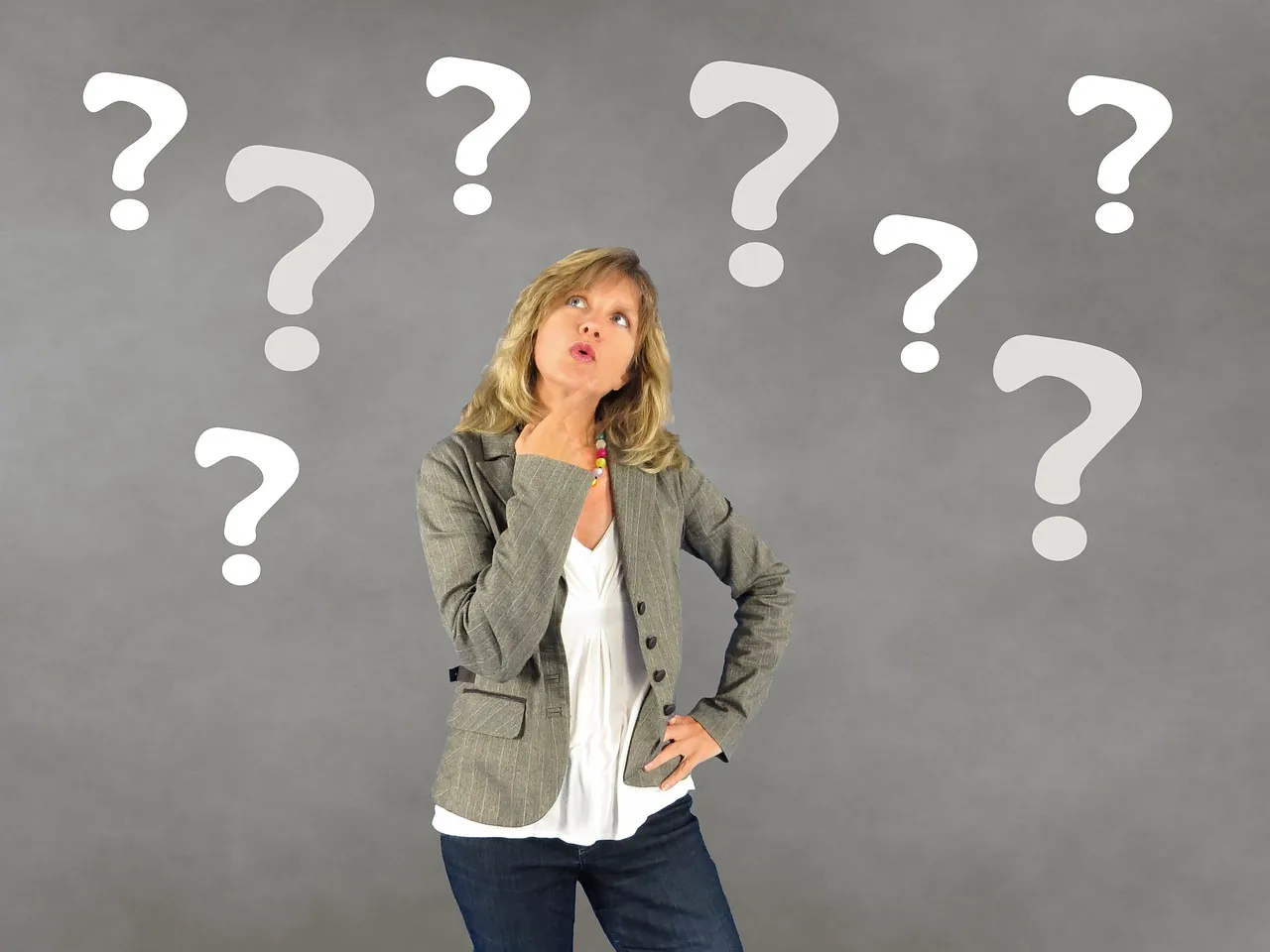
Can Insurance Companies Drop You?

Share:
An auto insurance policy is a contract between you and your insurance company. You pay premiums, and in return, the insurer agrees to pay for certain damages if you’re involved in an accident. But can your insurer drop you after an accident?
It’s possible. If you cause an accident, your insurance company may decide to cancel or non-renew your policy. This can be especially true if you cause a serious accident or have multiple accidents in a short period of time.
But even if you’re not at fault for an accident, your insurer may still drop you. If you make too many claims, even if they’re all covered by your policy, your insurer may decide that you’re too much of a risk and cancel your policy.
It’s important to understand that insurance companies can drop you for any reason they deem necessary. They don’t have to give you a reason, and they don’t have to warn you before they cancel your policy. If you’ve dropped, you’ll likely have to pay more for coverage from another insurer.
There are some states that have laws prohibiting insurers from dropping policyholders after an accident, but these laws vary from state to state. If you’re concerned about being dropped by your insurer, it’s best to speak with an agent or representative to understand your state’s laws.
DWI Convictions or DUI
If you’re convicted of a DUI or DWI, your insurance company can drop you. This is because you’re now considered a high-risk driver, and high-risk drivers are more expensive to insure. If you’re dropped by your insurer, you may have trouble finding new coverage.
At-Fault Accidents
If you’re found to be at fault in an accident, your insurance company can drop you. This is because you’re now considered a high-risk driver, and high-risk drivers are more expensive to insure. If you’re dropped by your insurer, you may have trouble finding new coverage.
Lapses in Coverage
If you let your insurance coverage lapse, your insurance company can drop you. This is because you’re now considered a high-risk driver, and high-risk drivers are more expensive to insure. If you’re dropped by your insurer, you may have trouble finding new coverage.
Non-Payment of Premiums
If you don’t pay your premiums, your insurance company can drop you. This is because you’re now considered a high-risk driver, and high-risk drivers are more expensive to insure. If you’re dropped by your insurer, you may have trouble finding new coverage.
Cancellation for Non-Renewal
If your insurance company decides not to renew your policy, they can drop you. This is because you’re now considered a high-risk driver, and high-risk drivers are more expensive to insure. If you’re dropped by your insurer, you may have trouble finding new coverage.
Policy Violations
If you violate the terms of your policy, your insurance company can drop you. This is because you’re now considered a high-risk driver, and high-risk drivers are more expensive to insure. If you’re dropped by your insurer, you may have trouble finding new coverage.
Making False Claims
If you make a false claim on your insurance policy, your insurance company can drop you. This is because you’re now considered a high-risk driver, and high-risk drivers are more expensive to insure. If you’re dropped by your insurer, you may have trouble finding new coverage.
Fraudulent Applications
If you make a fraudulent application for insurance, your insurance company can drop you. This is because you’re now considered a high-risk driver, and high-risk drivers are more expensive to insure. If you’re dropped by your insurer, you may have trouble finding new coverage.
Serious Traffic Violations
If you’re convicted of a serious traffic violation, your insurance company can drop you. This is because you’re now considered a high-risk driver, and high-risk drivers are more expensive to insure. If you’re dropped by your insurer, you may have trouble finding new coverage.
Notice of Cancellation Requirement
If you’re involved in an accident, your insurance company is required by law to notify you of their intent to cancel your policy at least 20 days prior to the effective date of cancellation. The notice must state the specific reason for the proposed cancellation. If you’re found to be at fault for the accident, your insurance company can cancel your policy immediately.
However, if you’re not at fault for the accident, your insurance company can’t cancel your policy. If they attempt to do so, you can file a complaint with the Department of Insurance.
How many accidents can you have before your insurance drops you?
There is no clear answer, as it depends on the insurance company and the severity of the accidents. However, if you have multiple accidents or traffic violations, it’s likely that your insurance company will drop you. If you’re dropped by your insurer, you may have trouble finding new coverage.
What can you do if your insurance company drops you?
If your insurance company drops you off after an accident, there are a few things you can do. First, try to determine why they dropped you. If it was simply due to an increase in your rates, you may be able to find another company that will offer you a better rate.
If the reason is more serious, such as multiple accidents or DUIs, you may have to look into getting high-risk insurance. This type of insurance is typically more expensive, but it will allow you to continue to drive. You can also try to negotiate with your current company to see if they will reinstate your coverage.
Bottom Line
While it’s not common, insurance companies can drop you off after an accident. If this happens, you may have trouble finding new coverage. You can try to negotiate with your current company or look into high-risk insurance. You can also file a complaint with the Department of Insurance if you feel you’ve been wrongfully dropped.
Most Popular


What Does Travel Insurance Cover for Families? A Complete Guide






